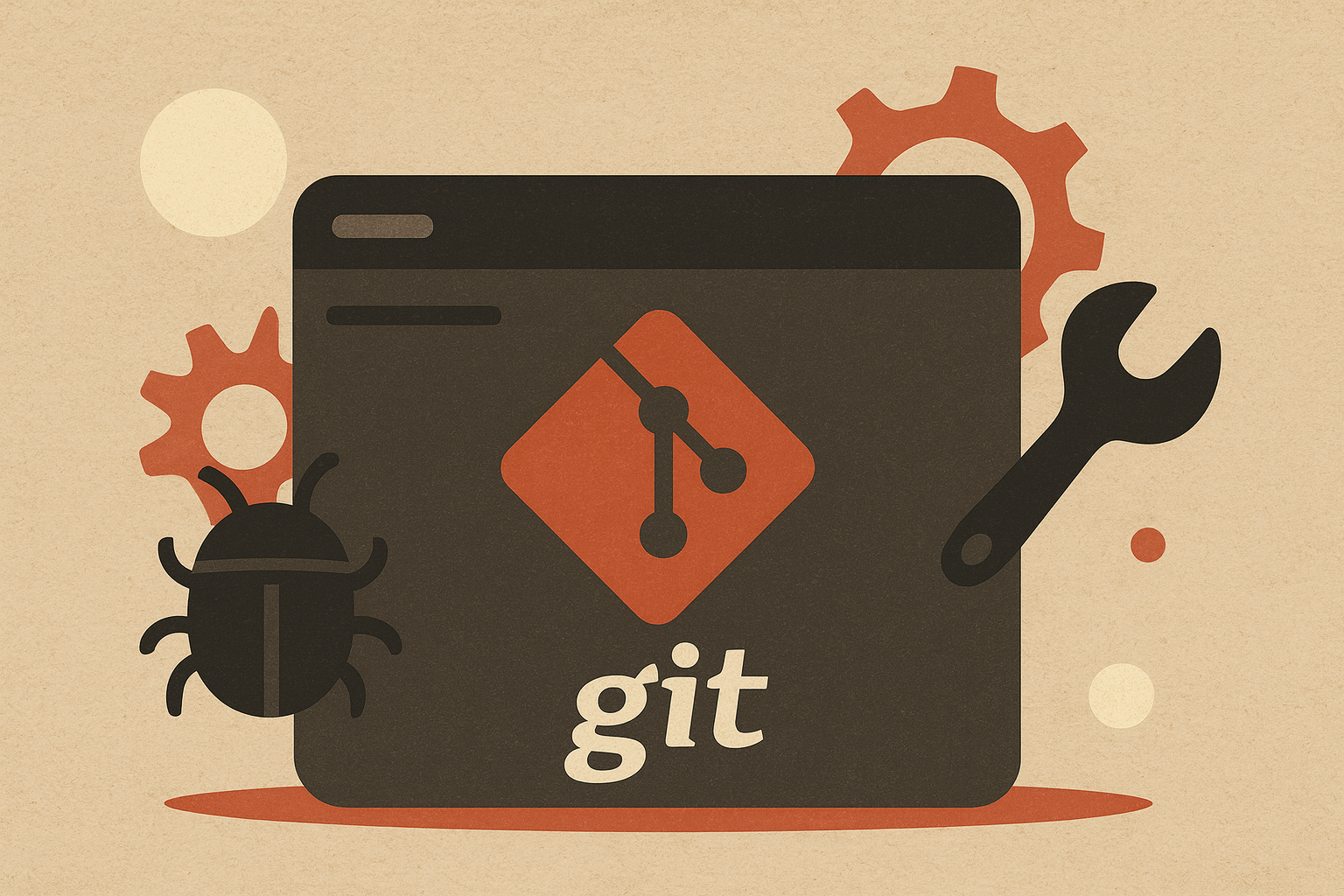What is a JavaScript Event Listener Leak?
An Event Listener Leak is a type of memory leak that occurs when an event listener registered with addEventListener is not removed with removeEventListener when it is no longer needed. This issue is especially common in Single Page Applications (SPAs) where DOM elements are dynamically added and removed. It can degrade application responsiveness and, in severe cases, cause the browser to freeze.
Causes of Event Listener Leaks
The primary cause is that when a DOM element is removed, any event listeners attached to it are not automatically removed. The browser’s garbage collector may fail to release the memory because of a circular reference: the event listener references the DOM element, and the DOM element references the listener.
Leak Example:
function setupComponent() {
const button = document.getElementById('my-button');
const handleResize = () => console.log('Resized!');
// Register the event listener
window.addEventListener('resize', handleResize);
// No logic to remove the listener when the component is destroyed
// button.remove(); // Only the button is removed; the listener on window remains
}
// If the component is created and destroyed multiple times, the handleResize listener will be added repeatedly.
How to Fix Event Listener Leaks
1. Explicit Removal with removeEventListener
The most fundamental and reliable solution is to explicitly remove the event listener when the component or DOM element is destroyed.
Important: For removeEventListener to work, you must pass the exact same function reference that was passed to addEventListener. You cannot remove an anonymous function.
Incorrect Example (Anonymous Function):
// There is no way to remove this listener
window.addEventListener('resize', () => console.log('Resized!'));
Correct Example (Using a Function Reference):
const handleResize = () => console.log('Resized!');
// Register
window.addEventListener('resize', handleResize);
// Remove
window.removeEventListener('resize', handleResize);
Class Component Pattern:
class MyComponent {
constructor() {
this.handleScroll = this.handleScroll.bind(this);
}
mount() {
window.addEventListener('scroll', this.handleScroll);
}
unmount() {
// Remove the listener when the component is destroyed
window.removeEventListener('scroll', this.handleScroll);
console.log('Event listener removed.');
}
handleScroll() {
console.log('Scrolled!');
}
}
const component = new MyComponent();
component.mount();
// ...sometime later
component.unmount();
2. Use AbortController (Modern Approach)
AbortController is a modern API that can be used to abort asynchronous tasks, including event listeners. When used with the signal option in addEventListener, it provides a clean way to remove multiple event listeners at once.
const controller = new AbortController();
const signal = controller.signal;
const handleClick = () => console.log('Clicked!');
const handleMouseOver = () => console.log('Mouse over!');
// Register listeners with the signal option
document.getElementById('my-btn').addEventListener('click', handleClick, { signal });
document.getElementById('my-btn').addEventListener('mouseover', handleMouseOver, { signal });
// When no longer needed, call the controller's abort() method to remove all listeners at once
// controller.abort();
// console.log('All event listeners removed.');
3. Event Delegation
Event delegation is a pattern where you handle events from multiple child elements with a single parent element. Instead of attaching a listener to each individual element, you attach one to the parent. This reduces the burden of listener management and works effectively for dynamically added/removed elements.
<ul id="parent-list">
<li>Item 1</li>
<li>Item 2</li>
<li>Item 3</li>
</ul>
document.getElementById('parent-list').addEventListener('click', (event) => {
// event.target refers to the actual clicked child element
if (event.target && event.target.matches('li')) {
console.log('Clicked item:', event.target.textContent);
}
});
Conclusion
Event listener leaks are easy to overlook but can have a serious impact on application performance. It is crucial to understand the component lifecycle and make it a habit to remove registered listeners via removeEventListener or AbortController when an element is destroyed. The event delegation pattern is also an excellent alternative for simplifying listener management.

Leave a comment